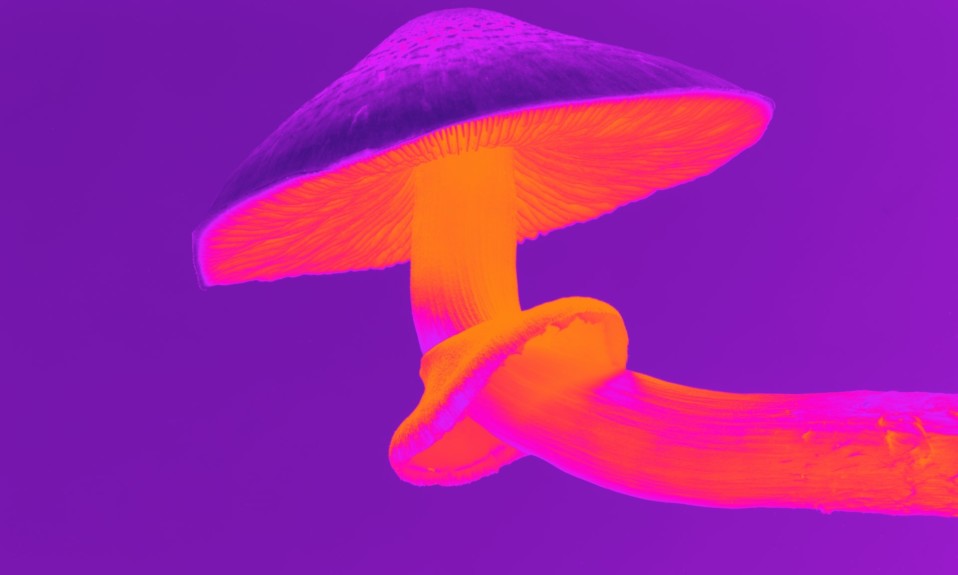A long-term study in Australia found that young people who use marijuana and amphetamines but quit don’t hurt their chances for success in life
By Veronica L. Holyfield
Does the use of cannabis or amphetamines as a teen predict someone’s prospects for later success in life? A recent study says not necessarily—if the use stops in early adulthood. Instead, researchers found that certain teen behavioral issues—such as aggression and delinquency, involvement with police or juvenile aid, and suspension from school—are more strongly associated with quality-of-life issues in adulthood than marijuana or amphetamine use alone. The findings raise the prospect that interventions to prevent persistent drug use among teens and early adults could lead to better lives and happier people.
The paper, published last month in Addiction Research & Theory, draws on data on thousands of Australian children born to women involved in the Mater-University of Queensland Study of Pregnancy since 1981. Researchers followed up with subjects at key life stages from childhood to age 30. In all, some 2,350 people in the study provided information at the final follow-up.

The key ages in this study were 14, 21 and 30. At 14, the teens were evaluated for IQ, mental health factors (anxiety and depression), aggression and school delinquency. Information from their mothers—including the mom’s level of education, family income and partner status, and their child’s involvement with police—was also collected. At age 21, the subjects (now young adults) reported their previous and current use of cannabis and amphetamines such as speed, uppers or pep pills. At age 30, they were asked to report past-year use of the drugs.
In addition, at that point, the participants were surveyed on what the authors called measures of “life success.” Nine factors were involved, both objective (income, education level, housing status) and subjective (number of lifetime partners, current relationship status, satisfaction with current partner, satisfaction with life, level of happiness, and quality of life). From the self-reported drug use information, researchers also determined whether a participant in the study had ever had a cannabis or amphetamine use disorder.
Drug Use as a Predictor
In the words of the authors, the study found that “the early-age of use of cannabis and/or amphetamines, or prior cannabis and/or amphetamine use disorder, does not appear to independently predict life success at the 30-year follow-up.” That conclusion, the researchers say, contrasts with much of the literature on teen drug use, which suggests that early use strongly correlates with worse outcomes later in life.
The data revealed that more than one in five subjects (22%) had ever had a cannabis use disorder, and the mean age at which the disorder developed was between 16 and 17. As for problematic amphetamine use, 4% of subjects were found to ever have a disorder, which on average developed between the ages of 17 and 18. However, a large majority of those who at one point met the criteria for problematic drug use were no longer using at clinically significant levels by age 21.
“Teenage drug use or disorders don’t appear to predict life success in adulthood among those who’ve ceased taking drugs before the age of 30. What seems to best predict low life success outcomes is the persistence [of use].”
—Prof. Jake Najman, University of Queensland
One key point of the research was whether use of the drugs persisted beyond age 21 for those with a disorder, and how that affected their quality of life. The findings: At age 30, about a third (36%) of those with cannabis use disorder at 21 had used the drug in the past year. The numbers for amphetamine use were lower—about 20% of those with a disorder at 21 were using at 30. Use at that age was directly related to life accomplishments—“Persons using cannabis or amphetamines at 30 years of age consistently report low life success,” the study found—and the stronger the use in adulthood, the lowest the rates of success.
Importantly, the study found that higher rates of cannabis and amphetamine use could predict dissatisfaction with life and poor achievement in adulthood—but not on their own. Other factors need to be involved.
Implications of the Study
The study comes as something of a ray of hope: A teenager who picks up a problematic habit of marijuana or amphetamine use isn’t a lost cause. On the contrary, the findings offer the potential for life-changing interventions for young people with problem drug use and behavior issues. “Adolescent behavior problems predict drug use at 21 years and drug use and life success at 30 years,” said Prof. Jake Najman of the University of Queensland, lead author of the study. “But teenage drug use or disorders don’t appear to predict life success in adulthood among those who’ve ceased taking drugs before the age of 30. What seems to best predict low life success outcomes is the persistence (over a longer course of time) of cannabis and amphetamine use.”
Policymakers should take note, Najman adds, because such intervention “represents an opportunity to alter the young person’s subsequent life trajectory.”
Top photo: Abstral Official














